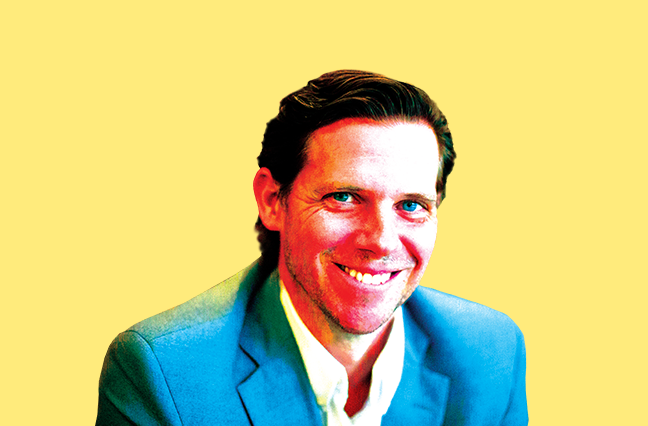
Data-Driven Care

Startup Narus Health seeks to use data analytics and mobile technology to better coordinate healthcare for employees who need it most while improving employers’ return on investment in health benefits.
Right or wrong, many people feel like they are passive participants in their medical experience—relying on the structure of the health system, the recommendation of their providers, the permissions of their benefits, and the influence of their caregivers—all while dealing with the illness or disease itself. For most, it’s an overwhelmingly exhaustive task.
Great care-management organizations understand the importance of delivering clinical support. The differentiating value of Narus Health is our deep understanding and our ability to manage the non-clinical issues people have. Do they have a caregiver? Can they get to a doctor? Can they afford their medication? And are they compliant with it? All of these things are significant contributors to total medical costs.
We capture these issues, along with their clinical profile, in a personalized care plan. We’ve developed a proprietary, structured-data format both to provide the attending physicians new insight and to build predictive analysis of the psychosocial issues—the soft drivers—and to superimpose them on the clinical drivers of care, painting a fuller picture of each individual and their unique care needs.
We’ve learned over the years the best way to help support people through complex care management is an informed and engaged multi-disciplinary team. Every person we enroll is assigned a dedicated team based on their unique needs: a registered nurse, care coordinator, social worker, chaplain and nutritionist. We’re available 24/7/365 for our patients. We know that, to really help people with complex issues, we’ve got to be available at two in the morning to triage and potentially avoid an ER visit.
One example of our value-add offering—especially for employees of a self-insured employer—is benefits guidance. We’re able to connect patients and their families to employer resources they may not realize are available. Employers really appreciate that because right now a lot of those benefits happen in silos. There’s not much transparency. We connect people to benefits already being offered and offer insight into their efficacy.
A second piece of technology is our mPower app, which renders in four different versions, depending on whether the user is the patient, the caregiver, or a friend or family member. mPower is available to all employees and offers a mobile messaging feature that allows any employee of one of our clients to start a secure, confidential conversation with our team. Even if they’re not one of our active, enrolled patients, we can help solve as-needed problems for all employees. We’re able to connect the majority of a company’s employees on the same platform and communicate with all of them, simultaneously. We can send out reminders of flu shots, annual appointments, whatever the case is, through mPower.
Prior to onboarding an employer, our team focuses on clinical and demographic data. We seek to identify co-morbid conditions and patterns of use of the healthcare system for that employer. By understanding patterns specific to an industry, a service line, a geography, we better know what’s happening to individuals in their day-to-day lives. This way, we can identify how we can be most helpful to them and their family.
Once they’re enrolled, we monitor relevant activity while adding new data we’re collecting—psychosocial needs, community resources, the patient’s goals and expectations. Often, we see patterns or similarities not only with individuals but with other employees. For example, if employees living within a community in Tennessee are having problems getting certain medications filled, is that a problem with that employer, the health plan, the supplier or the pharmacy? Knowing this, we can solve for problems before they even occur for other individuals.
So many people are in serious need of help, serious need of navigation and serious need of support. The system is not improving fast enough. We’re trying to make people’s lives better and a bit more simplified so they can focus on the things most important to them. We measure our business value in the data we analyze and the savings we generate. But we see the true impact of our care in the cards around our office and the photographs and paintings on our walls—all gifts of appreciation from those we are fortunate enough to serve.
It is for those patients that Narus Health was formed.




